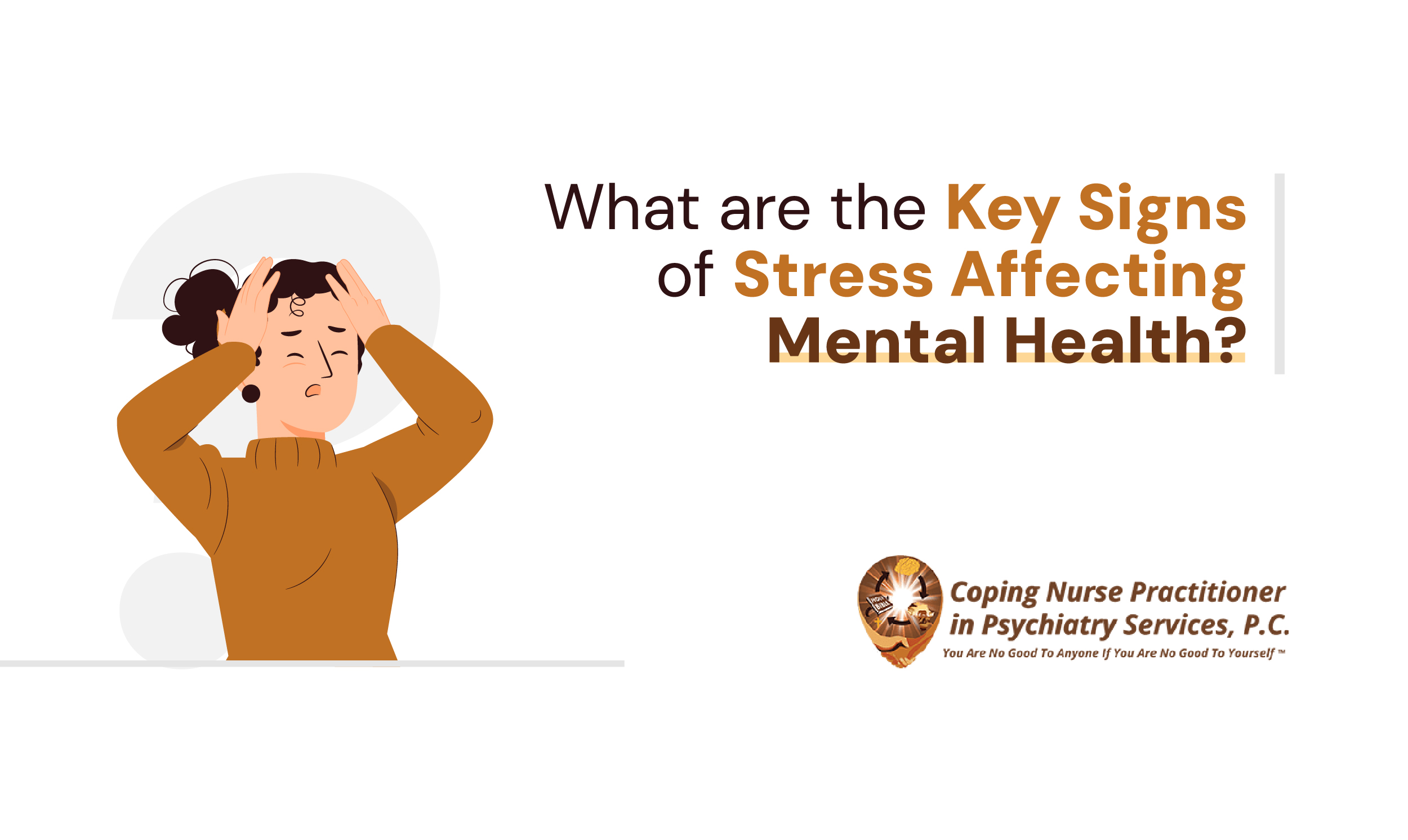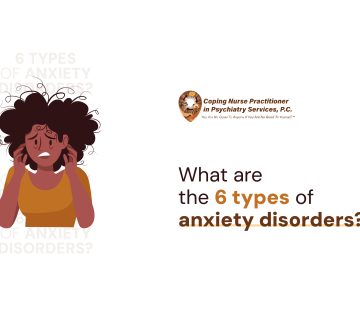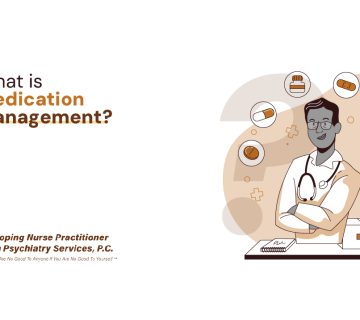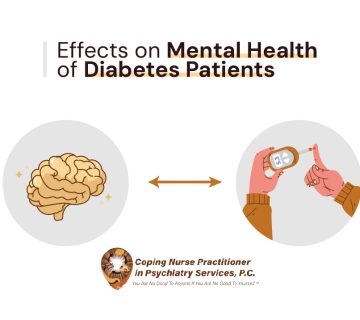Do you often feel on edge, juggling a thousand thoughts while trying to smile through the day?
The effects of stress on mental health can appear subtle, yet severe — which makes it important to understand and catch signs early on.
Stress is a prevalent experience, but its toll on our mental health is largely overlooked.
Let’s look into the causes of stress, the symptoms it can cause and how it intertwines with our mental health.
Causes of Stress
- Workload and job security. High-pressure jobs, long hours, and worries about job stability can be huge stressors.
- Financial issues. Struggling with debt, bills, and financial planning for the future are constant sources of worry.
- Personal relationships. Conflicts with family, friends, and partners can deeply affect emotional stability.
- Health problems. Chronic illness or acute medical conditions are sources of extreme stress.
- Busy schedules. Overcommitting and lack of downtime make it difficult to relax and can cause burnout.
- Life changes. Changes in your life like moving, changing jobs, or losing a loved one can cause a lot of stress.
- Social pressures. The pressure of meeting societal expectations and comparing oneself to others can make one unhappy and stressed.
- An absence of control. Being powerless in the face of outcomes in personal or professional situations can cause stress.
- Not knowing what will happen next in any aspect of life can cause a sense of unease.
- Environmental aspects. Living in an unsafe environment can be a source of constant stress.
How certain stressors affect you depends partly on your experiences as well.
What might be a minor inconvenience to one person might be a major source of stress for another, based on their past encounters and ability to cope.
What Are the Key Signs of Stress Affecting Mental Health?
What are the key signs of stress affecting mental health?
Stress can take many forms; it can creep into different areas of our lives, sometimes without us even realizing it.
Here are some key telltale signs:
1.Emotional Symptoms
- Irritability. A short temper and frustration at small inconveniences can be a red flag.
- An undue sense of worry or dread about the future is commonly associated with stress.
- Lingering feelings of sadness or disinterest could be a sign of chronic stress.
2. Behavioral Symptoms
- Changes in appetite. Stress is associated with either an increase or a decrease in eating habits.
- Social isolation. Pulling away from friends and family can be a response to overwhelming stress.
3. Cognitive Symptoms
- Difficulty concentrating. If your focus slips and you’re easily distracted, stress might be to blame.
- Memory problems. Forgetting appointments or tasks is sometimes caused by stress.
4. Physical Symptoms
- Headaches and migraines. Consistent tension-related headaches might point to high-stress levels.
- Fatigue. Feeling exhausted all the time can be a sign your body is overtaxed by stress.
- Insomnia. Trouble going to sleep or staying asleep could be caused by a mind that cannot unwind.
The symptoms of excessive stress include all of the following except a deep sense of peace.
With proper guidance and stressed management strategies, people can find inner balance.
Effects of Stress on Mental Health
Unattended stress can grow into more severe mental health issues:
1. A higher possibility of developing mental health disorders.
Frequent symptoms of excessive stress can include all the above and can even develop into anxiety and depressive disorders.
2. Impairment of cognitive function and decision-making.
The mental fog brought on by self-induced stress or other stressors can cloud judgment and choice-making processes.
3. Relationship and social impact.
You can minimize the damaging effects of stress on your relationships by being aware of when your emotions begin to interfere with your ability to communicate.
Coping Strategies for Managing Stress
Thankfully, we are not defenseless against the onslaught of stress.
Coping strategies offer a lifeline. These can help us to relax and return to a balanced state of mind.
1. Stress Management Techniques
- Get moving. Physical activity is a great stress reliever. Go for a walk or join a yoga class.
- Slow down. You can practice deep breathing or meditation. Even a few minutes can help.
- Stay connected. Talk to family and friends. Social support makes a difference.
- Laugh more. Watch a comedy or chat with someone who makes you smile.
- Sleep well. Ideally, you should get 8-9 hours of sleep. A well-rested body copes better.
- Be organized. Plan your day. Prioritize tasks to avoid last-minute rushes.
- Eat healthy. Choose nutritious foods that will fuel your body and mind.
- Take breaks. Short breaks during work increase productivity and reduce stress.
- Hobbies. Make time for things that you enjoy and that make you feel good.
- Set boundaries. Learn to say no. Protect your time and energy.
By doing these activities, you’re sending a clear message to your body and mind: peace comes from within.
2. Getting Professional Support
Talk to a professional if stress feels overwhelming.
Therapy, coaching and wellness and community support can provide a helpful sounding board for your worries and concerns.
By sharing your thoughts and feelings, you gain support and understanding that can show you ways out of the mire of stress.
Dr. Vansiea at Coping Nurse Practitioner in Psychiatry Services can help you cope effectively with the stress you’re experiencing.
Consider reaching out for tips on how to better manage stress today.
Final Word
What are the key signs of stress affecting mental health?
Continuous feelings of anxiety, negativity, irritability, depression, feelings of being overwhelmed or sleep issues could mean stress is affecting your mental health.
It’s essential to listen to these signs and take measures that focus on stress management.
Whether it’s through seeking professional counseling, practicing mindfulness, or self-care.
Managing the signs of stress is a necessity in safeguarding one’s mental health.
For stress management support and wellness tips, please get in touch with Judy E. Vansiea, DNP, MA, MS, APRN, NPP.
Please reach out today at Coping Nurse Practitioner in Psychiatry Services and schedule an appointment.
FAQs
What does it mean to be overwhelmed with emotion, and how can I tell when it’s happening?
Being overwhelmed with emotion means you’re experiencing intense feelings that you are unable to manage or cope with.
Listen to your emotions when they feel stronger than usual, or when they feel out of control, as these can be signs that you’re emotionally overwhelmed.
Stressed vs overwhelmed – what is the difference?
Stress is a response to a specific demand or pressure and can be manageable using coping strategies.
Feeling overwhelmed indicates a feeling of being overrun by emotions or situations to the extent that it becomes difficult to cope.
What are the 5 stages of stress?
The 5 stages of stress include:
- Alarm – the initial reaction to stress.
- Resistance – the body’s response to continued stress.
- Recovery or Adaption – the body’s attempt to get back to normal functioning.
- Exhaustion – a state in which the body has run out of resources.
- Burnout – a state of chronic stress causing physical and emotional exhaustion.
How does stress present itself?
Stress can present itself in a number of ways. These can be:
- Physical symptoms like headaches and fatigue.
- Emotional symptoms like anxiety and irritability.
- Behavioral changes in the form of excessive alcohol use or social withdrawal.
Can you give some examples of internal stress?
Internal stress can arise from personal pressures and conflicts, like:
- Striving for perfection.
- Dealing with self-criticism.
- Struggling with personal expectations and beliefs that might not be realistic.
What does ‘going through a lot’ mean in terms of mental health?
“Going through a lot” means experiencing an extreme amount of stress or hardship all at once.
This can cause feelings of being overwhelmed and can have a negative impact on mental health.
How do you identify if someone is emotionally imbalanced?
Signs of emotional imbalance can be:
- Mood swings.
- Consistent sadness or apathy.
- Excessive worry.
- Difficulty in managing emotions in a way that seems disproportionate to the situation.




